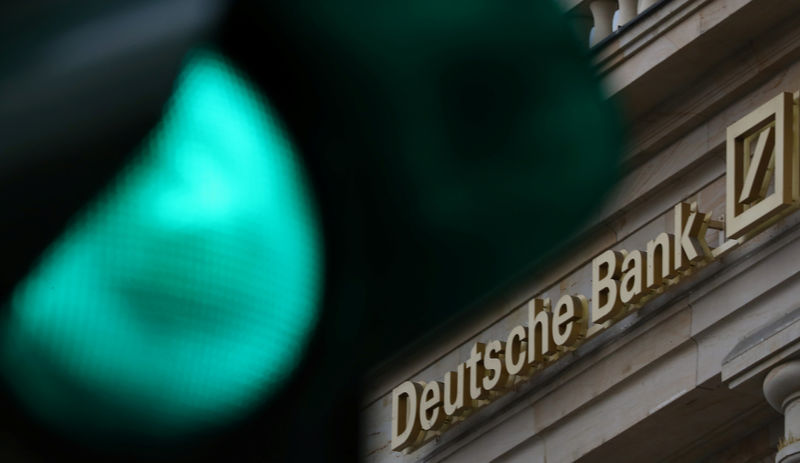Investing.com -- According to Deutsche Bank (ETR:DBKGn) analysts, aggregate equity positioning declined last week but remains within a narrow range observed over the past two months.
The bank states that current positioning sits "slightly above neutral" with a z-score of 0.25, placing it in the 58th percentile.
Deutsche Bank says that discretionary investors showed reduced engagement, with positioning dropping to the lower end of its yearly range (z-score 0.42, 70th percentile).
They add that systematic strategies, on the other hand, saw relatively little change in positioning, maintaining a z-score of 0.30, or 57th percentile.
Notably, "total net call volume" declined, driven by reduced activity in index options, while single-stock and ETF option volumes remained flat, according to the bank, with sector-specific trends revealing that net call volume decreased in Mega-Cap Growth & Tech and Financials but edged higher in cyclicals.
Meanwhile, defensive sectors and energy positioning is said to have stayed stable. Deutsche Bank notes that S&P 500 skew, a measure of market sentiment, rose last week.
Investor sentiment shifted, with the "bull minus bear spread" dropping to near-neutral, its lowest level in 11 weeks, said the bank, adding that bullish responses hit a six-month low, while bearish and neutral responses increased.
Within systematic strategies, "vol control funds" marginally increased their equity exposure, while "CTAs kept their equity longs flat." However, CTAs trimmed bond positions, reduced dollar shorts, and increased gold longs.
Sector-specific positioning is said to have remained varied. Utilities rose to the 90th percentile, while MCG & Tech, Consumer Staples, and Real Estate saw declines but stayed above average.
Meanwhile, the bank says Healthcare positioning lagged well below average (z-score -0.36, 40th percentile).
The analysts added that risk parity funds maintained flat equity exposure but increased allocations to commodities. However, they cut bond and TIPS exposure as correlations across asset classes rose, signaling growing caution.
Deutsche Bank expects positioning to remain volatile, closely tied to shifts in investor sentiment and asset correlations.
